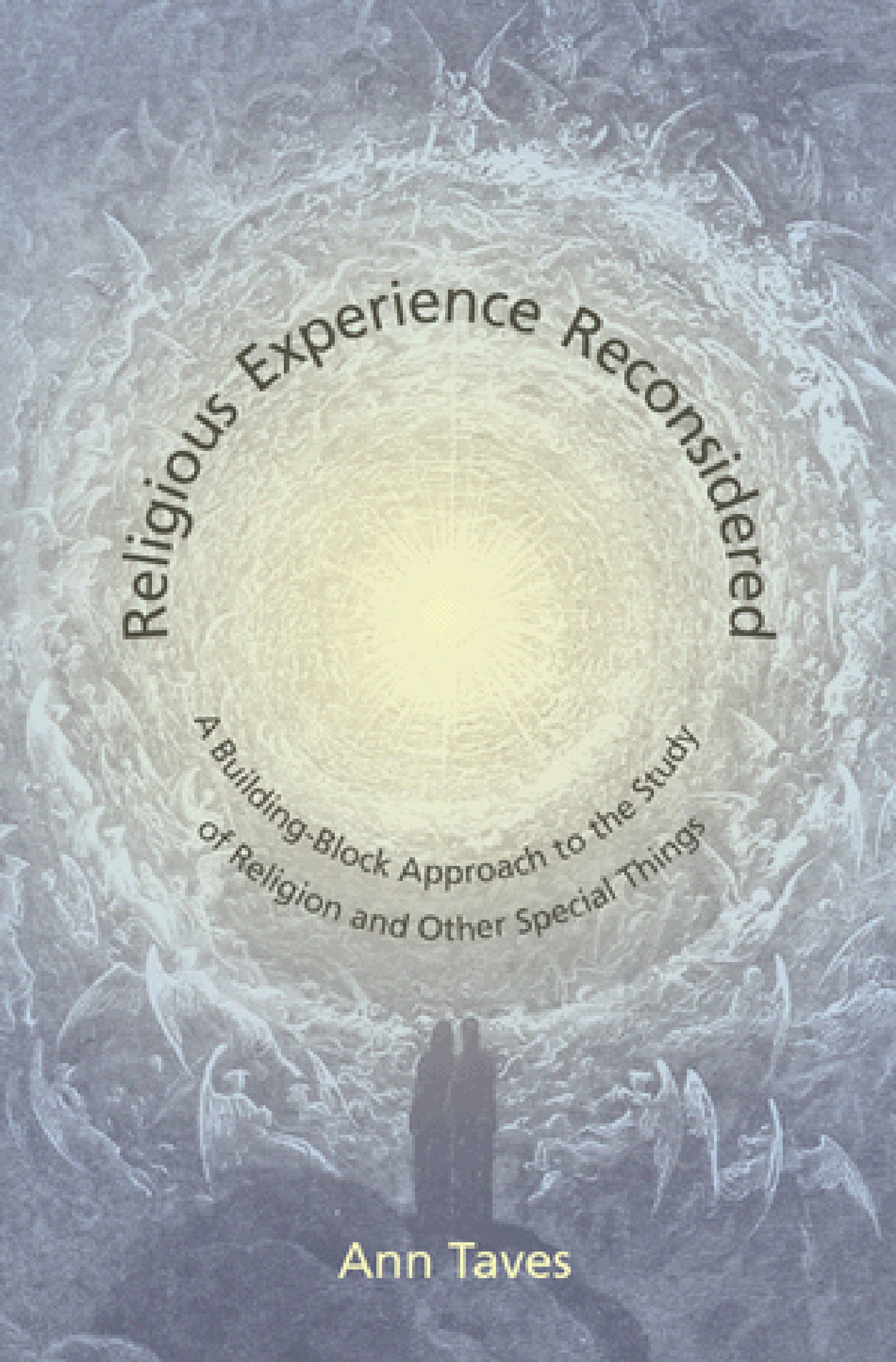
The essence of religion was once widely thought to be a unique form of experience that could not be explained in neurological, psychological, or anthropological terms. In recent decades, however, scholars have challenged the merits of studying religion as a discipline entirely unconnected to the social and natural sciences.
In her new book, "Religious Experience Reconsidered: A Building-Block Approach to the Study of Religion and Other Things" (Princeton University Press, 2009), Ann Taves, a professor of religious studies at UC Santa Barbara, lays out a framework for research into religious phenomena that uses both humanistic and scientific approaches to understand the experiential aspects of religion.
"I define religious phenomena as experiences that have a religious or sacred kind of significance," said Taves. "They can be highly unusual or relatively ordinary, but they stand out in some way, and people who experience them try to understand them with the help of religious or spiritual traditions." Such phenomena might include revelations, visions, dramatic conversions, out-of-body experiences, or spontaneous healing.
"I'm not just looking at the discourse –– how people talk about the phenomena in either scientific or religious terms," she said. "I'm trying to see if we can explain it."
Taves shifts the focus from religious experience conceived as a fixed and stable thing, to an examination of the processes by which people attribute meaning to their experiences. She proposes a new approach that unites the study of religion with areas as diverse as neuroscience, biology, anthropology, sociology, and psychology to understand how these processes are incorporated into the broader cultural formations that individuals consider religious or spiritual.
"My concern does not involve proving the validity of any of these phenomena, but understanding how they come to be meaningful to people," Taves continued. "One of the main objectives of the book is to approach religious experience not as if it were a monolithic thing, but to recognize that a full range of different kinds of experiences exist that people at different times and places have considered special or significant."
Taves addresses a series of key issues in the book, including the relationship between experience and consciousness; how studies can be constructed so they do not obscure conflicts over meaning and value; how research into consciousness can help us access and interpret the experiences of others; why people individually or collectively explain their experiences in religious terms; and how studies can allow for a comparison of experiences across time and cultures.
"The kinds of methods I talk about in the book may not, in the end, be adequate for completely understanding the most unusual experiences, but my goal is to try to push what we're learning from the science side as far as it will go," she said.
Taves is also the author of "Fits, Trances, and Visions: Experiencing Religion and Explaining Experience from Wesley to James" (Princeton University Press, 1999).
Related Links



